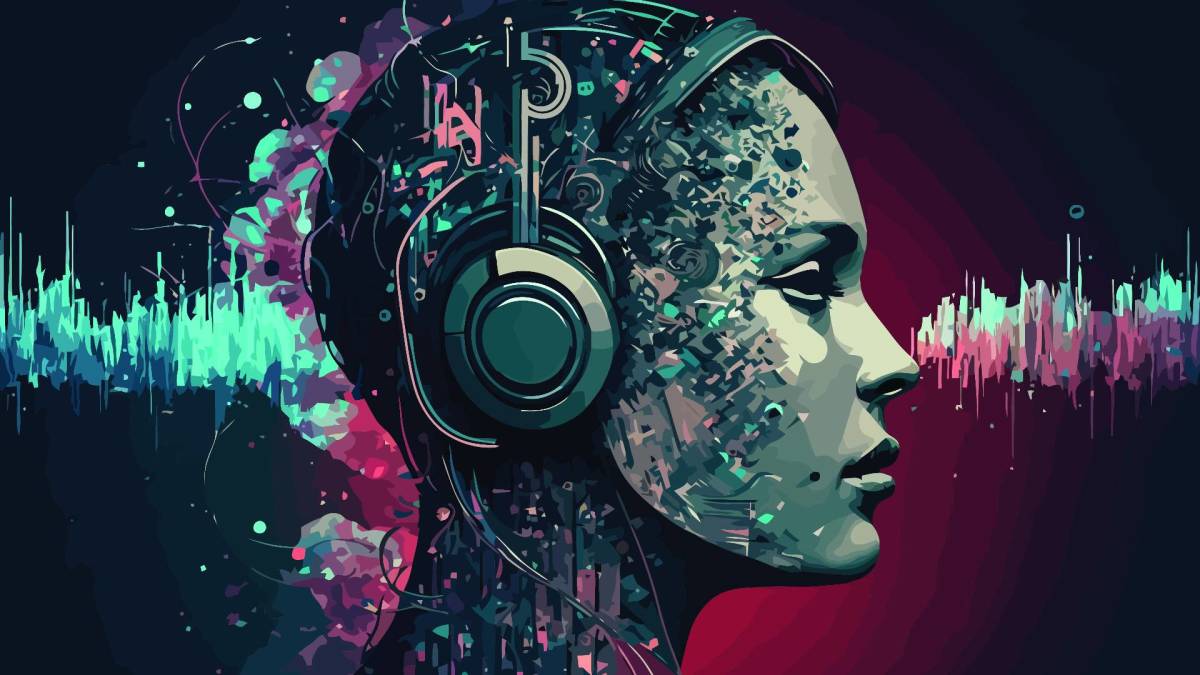
The U.S. Senate is looking to roll out protections for actors, musicians, performers and individuals outside of the entertainment industry from having computer-generated versions of their image and voice, known as digital replicas, being used without their consent.
In bipartisan legislation introduced in the U.S. Senate last week, known as the No Fakes Act, it notes that individuals “shall have the right” to authorize the use of their own “image, voice, or visual likeness.” The right also remains in place 70 years after an individual’s death.
A few of the exceptions to this legislation include if the digital replica is used as part of news, public affairs, documentary, advertising or sports broadcast work, or if it is “used for purposes of comment, criticism, scholarship, satire, or parody.” Violations of this act results in fines starting up to $5,000 per violation and payment of punitive damages.
The bill is sponsored by U.S. Sens. Chris Coons, Marsha Blackburn, Amy Klobuchar and Thom Tillis. SAG-AFTRA President Fran Drescher showed support for the bill in a statement on the SAG-AFTRA website saying “A performer’s voice and their appearance are all part of their unique essence, and it’s not ok when those are used without their permission. Consent is key.”
The use of digital replicas have created ethical concerns as it can blur the lines between what is fake and what is reality, and can be used to spread misinformation online.
Related: Elon Musk, SpaceX score a huge win here on earth
Earlier this year, a cover of rap artist Ice Spice’s song “Munch” went viral on the internet, which featured an AI-generated version of Grammy award-winning artist Drake’s voice rapping the lyrics of the song without his permission.
The rise of AI technology In the music industry has prompted record companies to push for more protections for their artist’s music.
“We have a moral and commercial responsibility to our artists to work to prevent the unauthorized use of their music and to stop platforms from ingesting content that violates the rights of artists and other creators,” said Universal Music Group in a statement to the Financial Times in April.
The Recording Industry Association of America is another institution that welcomes the U.S. Senate bill.
“Our industry has long embraced technology and innovation, including AI, but many of the recent generative AI models infringe on rights — essentially instruments of theft rather than constructive tools aiding human creativity,” the RIAA said in an emailed statement to reporters.







